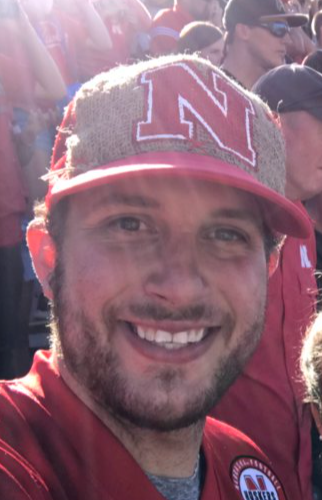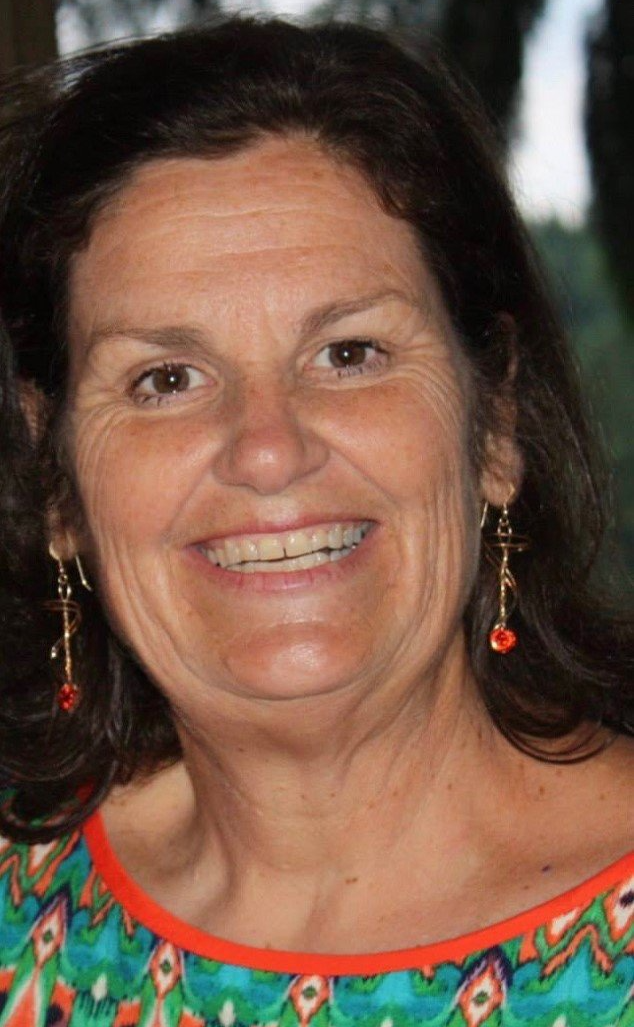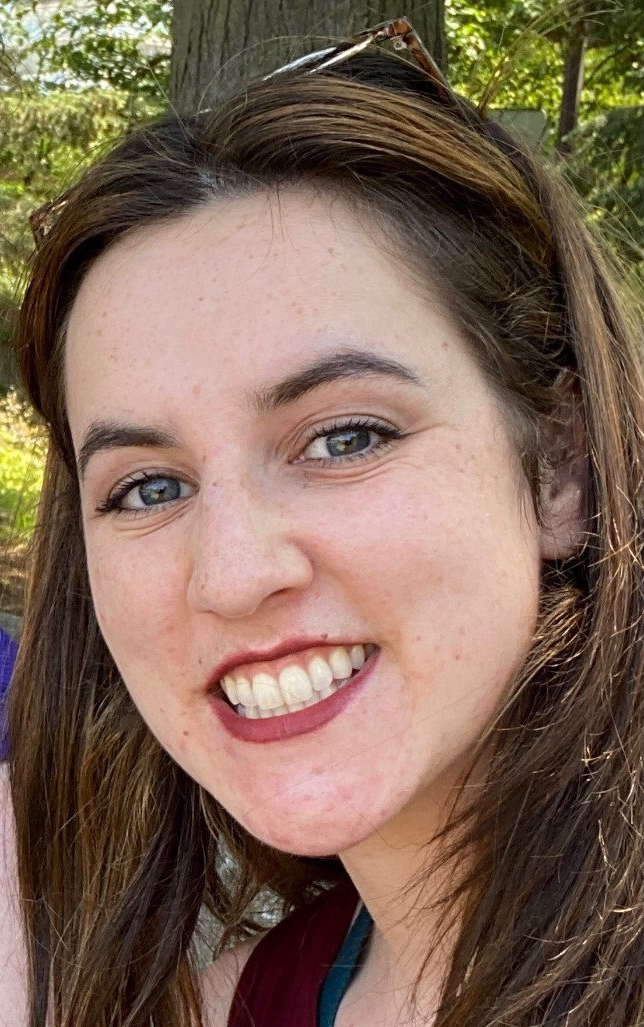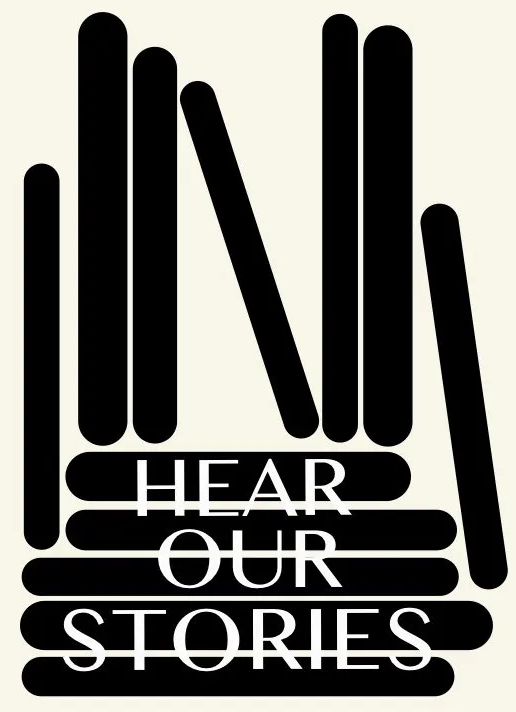OurMission
We are dedicated to tackling issues of systemic racism and implicit bias by bringing a variety of voices to the classroom through educational curriculum (novels, textbooks, and etc.). We believe schools have the ability to empower students through diversity.
Our donations go directly to providing teachers with materials which focus on underrepresented groups (race, gender, orientation, and etc.) that will help diversify and normalize the voices our students are exposed to from PreK to 12th Grade.
Diverse Authors. Diverse Characters. Diverse Stories.
TheFounding Story
The Catalyst
A Reflection
The Educational Process
An Idea
The Mission
Just like millions of Americans, I’ve found myself in shock, horror, and then anger over the events surrounding George Floyd’s death. As I continue to learn and reflect on these events and others like it (George Floyd is just one story), I’ve become more aware of systematic and institutional racism across our society. This is not just an issue of police brutality but a system of programs and policies that are unfair.
After my outrage started to wear off, I shifted my focus toward solutions. How could I help? There were obvious solutions – signing petitions, donating money, educating myself, and speaking out against racism. I also looked at my own practices – in what ways did I show bias and discrimination and how could I change my own thoughts and behaviors?
This lead me to ponder something I felt strongly about: the American education system (more on this in a moment). We undoubtedly have a complicated problem that requires a network of thousands of changes. I believe that the next generation should be part of our focus because it is these young individuals who will be part of a generational shift in ideology.
I grew up in a predominantly white community devoid of much diversity. Even when I moved away to college, I felt like a majority of my experiences involved people who looked and acted like me. This lead to a subconscious (and sometimes conscious) belief that anything different = unknown = uncomfortable. Why was I uncomfortable and how could I change?
In reflecting, it was my experiences that helped change me, and the bulk of these experiences came in college. I met many people from different backgrounds with differing beliefs and values. I met and became friends with people unlike me. I learned about bias in my psychology coursework. I was exposed to African-American and Latino works during my English curriculum. I was given historical context to women’s suffrage during my history classes.
I’ll admit that it was jarring at first and that I revolted against this uneasiness. I knew I shouldn’t feel uncomfortable but I was, looking back on it now, in denial. That was a small turning point in my life because I was studying to become an English/Language Arts teacher. I saw my content area as an opportunity to open up my student’s horizons - to expose them to different viewpoints, to show them that we are all human beings. It doesn’t matter how we look or act, we are all the same.
When I was student teaching, I discovered my love for the novel “To Kill a Mockingbird” and took every opportunity I could to teach it. In my naivety, I thought that was “enough.” I’d done my civic duty as a teacher - I’d shown my students that there wasn’t equality in America. I’d essentially checked the box.
That wasn’t enough.
“To Kill a Mockingbird” is still a relevant story and one I hope to share with every student I teach. However, it didn’t solve a fundamental issue we have in education: the stories and events we study are predominately told by white people. Even “To Kill a Mockingbird” runs the risk of being “white-washed." After all, who is the hero of the story? The white lawyer.
If we truly want our students – students of all ethnicities, backgrounds, genders, and orientations – to prosper, we must tell stories in those voices. We owe it to the next generation, the most important generation since the Civil Rights Movement, to expose them to the diversity that we, as Americans, should pride ourselves on.
“Hear Our Stories” is both an idea and a non-profit organization. Honestly, I do not know what this will become. At the least, it will be a drive to fund educational materials for a few classrooms (would that be the worst thing in the world?). At the most, it can be a transformative organization that truly changes our thinking, one student at a time.
But most importantly: “Hear Our Stories” is a mission. It is a mission to provide resources (books, lesson plans, materials, and etc.) to schools.
I hope to provide materials to every age from PreK to 12th Grade.
I hope to show students that their background is not the only background and that a variety of perspectives is essential in understanding the entire human race.
I hope to show underrepresented students that they have someone to look up to and to learn from.
I hope to break down dangerous stereotypes at a young age.
In closing, Nigerian author Chimamanda Ngozi Adichie warned of the “danger of a single story.” Part of her message is that if we only see one type of story, it creates stereotypes. She goes on to say that stereotypes aren’t dangerous because they are untrue, but because they are incomplete.
We need to give our students a complete picture of what it means to be a human.
MEET OUR BOARD
Our Board is made up a mix of teachers from different grade levels in different areas of the Pacific Northwest.

JORDAN MAGRATH
Founder
Current City:
Colfax, WA
Grade Levels Taught:
8th, 9th, 10th, 11th, 12th
Favorite Diverse/Inclusive Books:
The Sun Does Shine (Anthony Ray Hinton), Americanah (Chimamanda Ngozi Adichie), Crying in H Mart (Michelle Zauner), Caste: The Origins of Our Discontents (Isabel Wilkerson), The Hate U Give (Angie Thomas), Homegoing (Yaa Gyasi), & How to Be an Antiracist (Ibram X. Kendi)
About Me:
Throughout the last few years, I've become more and more aware of the importance of representation in the classroom. Students need to read and study stories the represent a true America. Last summer, I started Hear Our Stories with the goal of providing much-needed materials to teachers that want to help eliminate the "culture gap" in their school. I want to do this without the teacher having to reach into their own pocket or start their own crowdfunding campaign.

STEPHANIE SCHIADA
Board Member
Current City:
Portland, OR
Grade Levels Taught:
K, 1st, 2nd, Reading Intervention, Instructional Coach
Favorite Diverse/Inclusive Books:
My Footprints (Bao Phi), The Proudest Blue (Ibtihaj Muthammad & S.K. Ali), Alma and How She Got Her Name (Juana Martinez-Neal), Fry Bread: A Native American Family Story (Kevin Noble Maillard), Introducing Teddy (Jessica Walton)
About Me:
As a teacher of over 30 years, I have seen the landscape of children's literature evolve. The majority of my career has been in the primary grades and when I first started teaching it was next to impossible to find books that were representative of the children in my classroom. I am excited to see this begin to change and am hoping to bring quality literature into as many classrooms as possible. I am always on the lookout for books that respect and engage with students' cultures and experiences.

HANNAH GORDON
Board Member
Current City:
Olympia, WA
Grade Levels Taught:
(coming soon)
Favorite Diverse/Inclusive Books:
(coming soon)
About Me:
(coming soon)
